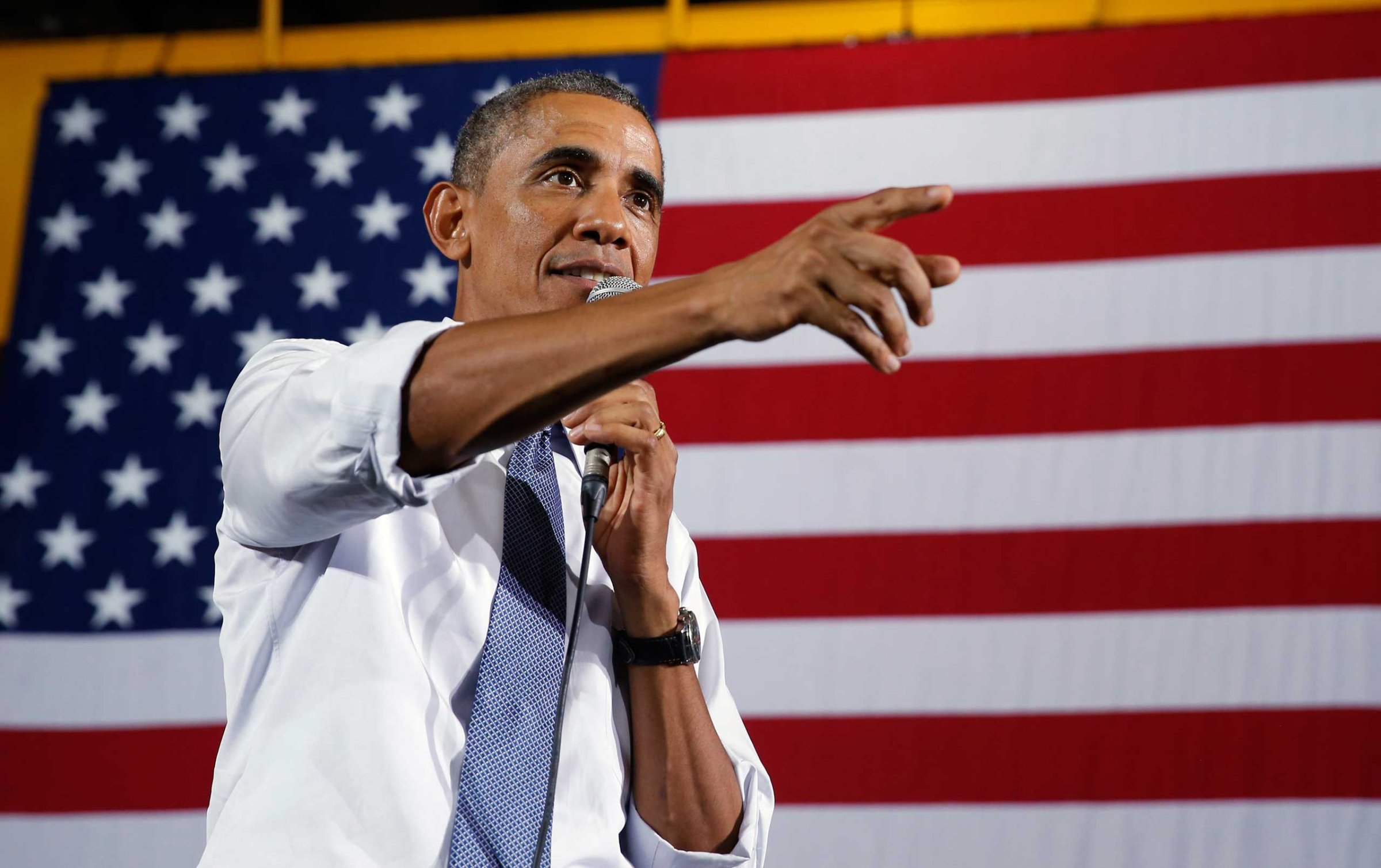
Hey millennials, President Obama wants you to know that he gets you. And to make that message clear, the White House began using emoji in a social media campaign launched Thursday to engage the nation’s largest generation on the President’s economic platform.
The economy has been pretty scummy for the majority of millennials’ adult lives, as a new White House report on the generation born between 1980 and the mid-2000s makes clear. According to “15 Economic Facts About Millennials,” having started out in the workforce during the Great Recession will affect young Americans for “years to come.” Though the unemployment rate for 18-to-34-year-olds has fallen from its peak of 13% in 2010, in the group still faces 8.6% unemployment—notably higher than the national average of 5.9%. And although more millennials have college degrees than any other generation of young adults, they are more likely to accrue student loan debt; such debt surpassed $1 trillion in the second quarter of 2014.
But the Obama administration wants young people to know it’s not all bad. The report finds millennials “value the role that they play in their communities,” are more likely to have health insurance—thanks to the Affordable Care Act—and millennial women enjoy a more level playing field in the workforce.
The highlights from the report will be promoted via the White House’s social media accounts starting Thursday—with animated graduation caps and flexing arms aiming to portray Obama as working hard to make college more affordable and give young people access to health care, as BuzzFeed first reported on Thursday. In an infographic on the White House website, the Obama administration even makes use of some of the more obscure emoji–including the pi symbol and a microscope–to show young people using their access to technology and science education to expand their opportunities.
The campaign is the latest White House maneuver to appeal to young people on the economy, an issue that helped drive young voters to the polls in 2008 and 2012. During a recent speech at Northwestern University near Chicago, the President said his economic policies would be on the ballot this November—a message Republicans have been using against their Democratic opponents in tight Senate races across the country.
Yet the millennial vote has skewed Democratic in the most recent contests, and a push to remind young voters of what helped drive them to the polls in 2008 and 2012—jobs, healthcare, student loan debt—may not hurt. That is, if young voters even show up this election—a recent Harvard University poll shows only about 23% of 18-to-29-year-olds said they plan to vote in this year’s midterm contest.
More Must-Reads from TIME
- How Donald Trump Won
- The Best Inventions of 2024
- Why Sleep Is the Key to Living Longer
- Robert Zemeckis Just Wants to Move You
- How to Break 8 Toxic Communication Habits
- Nicola Coughlan Bet on Herself—And Won
- Why Vinegar Is So Good for You
- Meet TIME's Newest Class of Next Generation Leaders
Contact us at letters@time.com